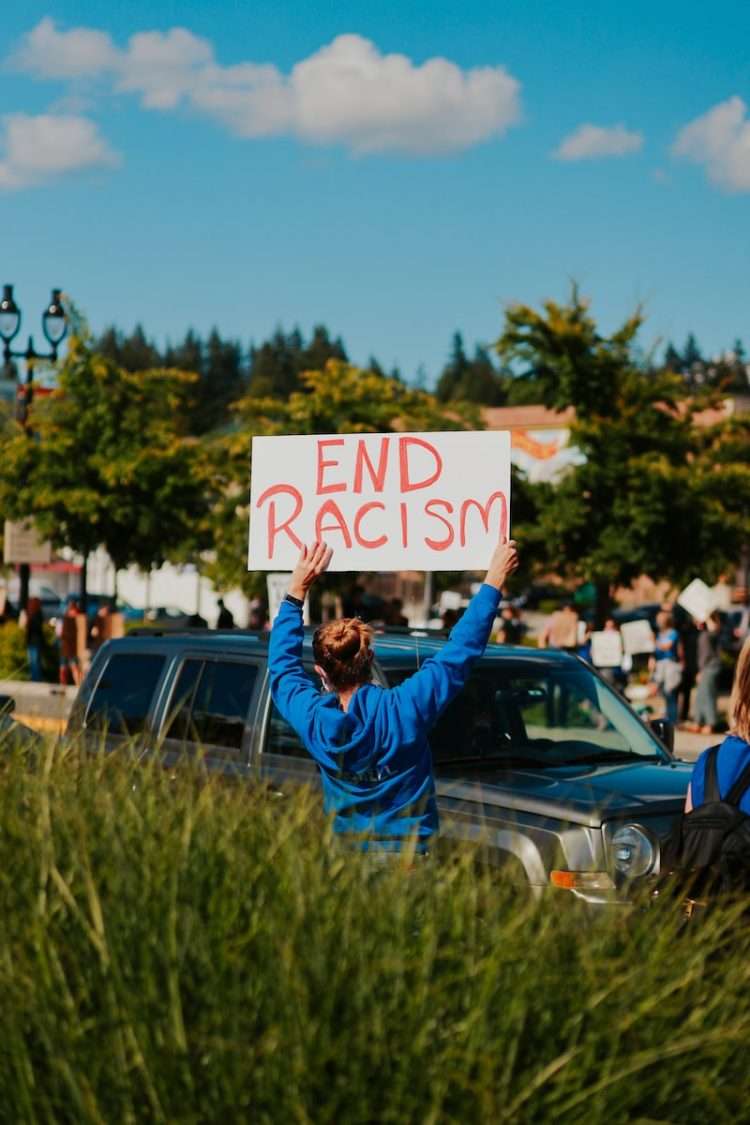Racism

Discussing racism can expose learners to a wide range of cultural perspectives and help them develop their intercultural communication skills. Conversation practice for English learners related to racism is an important and valuable topic for several reasons. First, it allows learners to develop the language skills needed to discuss complex and sensitive topics in English. By engaging in conversations related to racism, learners can expand their vocabulary, improve their grammar, and build their confidence in using the language.
Furthermore, as learners explore different perspectives on this topic, they can gain a better understanding of cultural differences and learn how to communicate effectively across those differences.
About Racism
Racism is a form of discrimination based on a person’s race or ethnicity that has been around for a long time and remains a significant issue in the modern world. It can start with small acts of prejudice, such as stereotypes or jokes, and can escalate into more serious forms of discrimination. It is often fueled by fear, as people may be afraid of those who are different from themselves or do not understand their culture.
Despite efforts to combat racism, it continues to be a major problem in many parts of the world, as evidenced by daily news reports of hate crimes and discrimination against people of different races and ethnicities.
For society as a whole, racism can lead to social unrest, division, and conflict, which can have long-lasting and devastating effects. It is important for individuals and communities to work together to combat racism and promote acceptance, understanding, and respect for all people, regardless of their race or ethnicity. Only by working together can we create a more just and equitable world for all.
Useful Vocabulary
Try and use the following vocabulary when answering the question. Click to look up the definition in the dictionary
Conversation Questions
- In your opinion, what is the root cause of racism? Is it ignorance or fear?
- What do you think are the most effective ways to combat racism? Why?
- Can you think of a time when you have witnessed or experienced racism? How did you react in that situation?
- How has racism affected your community, country, or the world at large?
- Is there a difference between prejudice and racism? If so, what is it?
- Do you think that multiculturalism is a good thing? Why or why not?
- Should affirmative action programs be used to address racial disparities? Why or why not?
- How do you think the media perpetuate or challenge racial stereotypes?
- In your opinion, what role do individuals and society play in perpetuating or combating racism?
- How can schools, workplaces, and other organizations help stop racism?
- Do you think racism is becoming more or less prevalent in society?
- In what ways can racism affect mental health?
- Do you know what cultural appropriation is? How is it related to racism?
- How does systemic racism differ from individual racism?
- Is it possible for someone to be racist without realizing it?
- What do you think about the concept of white privilege? Does it exist? Why or why not?
- What role do politics and government policies play in perpetuating or combating racism?
- How can people from different racial backgrounds better understand and relate to each other?
- Do you think that jokes or humor about race can be harmless, or are they always inappropriate? Why or why not?
- Should companies be held responsible for the racial balance of their workforce? Why or why not?

